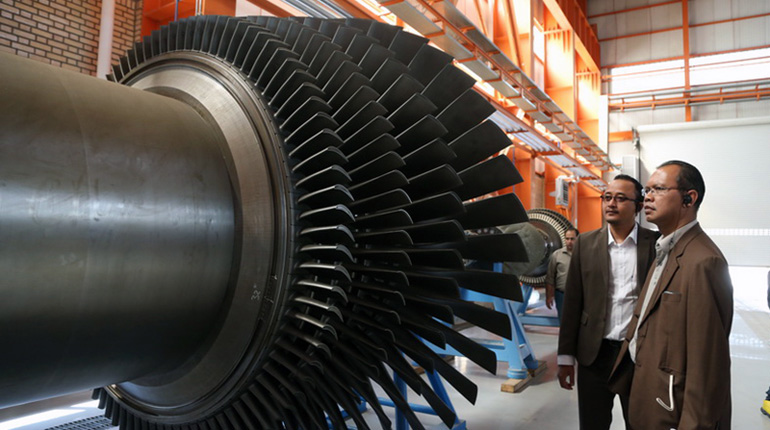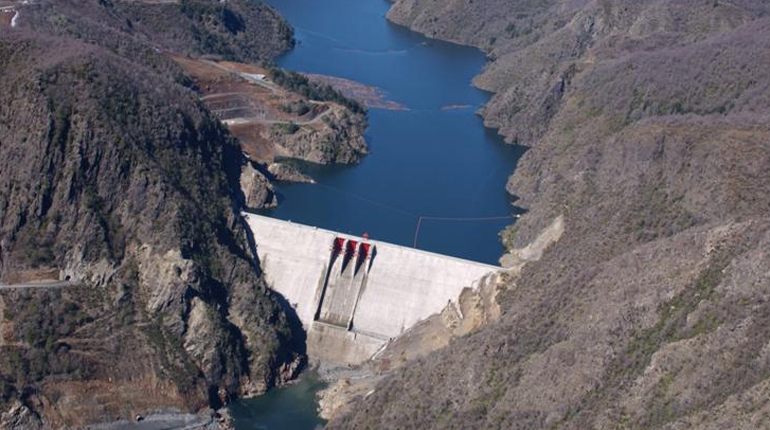Highlights
- European gas demand is expected to grow this winter despite potentially mild temperatures
- New cuts to Groningen’s cap could see stricter limits to supply in Q1
- Storage volumes in Europe are still strong following weak withdrawals in early December
- European hub prices remain below 40 p/th as the region approaches the peak of winter
Economic overview
All of Europe’s major economies could see improved growth next year, apart from the UK, whose growth was stronger than other European countries in 2014.
The UK’s GDP growth will slow to 2.4% this year from 2.9% in 2014, according to the latest outlook from the OECD. Slower growth is also forecast for 2016 and 2017. This is in contrast to the outlook for some of Europe’s other major economies. France’s GDP growth is expected to be around 1.1% this year, rising to 1.3% in 2016 and 1.6% in 2017.
Europe GDP outlook
| 2014 | 2015 | 2016 | 2017 | |
| France | 0.2% | 1.1% | 1.3% | 1.6% |
| Germany | 1.6% | 1.5% | 1.8% | 2.0% |
| Italy | -0.4% | 0.8% | 1.4% | 1.4% |
| Netherlands | 1.0% | 2.2% | 2.5% | 2.7% |
| Russia | 0.6% | -4.0% | -0.4% | 1.7% |
| Spain | 1.4% | 3.2% | 2.7% | 2.5% |
| UK | 2.9% | 2.4% | 2.4% | 2.3% |
The forecast is similar for Germany and the Netherlands. Spain’s GDP is expected to jump significantly this year but grow more moderately in 2016 and 2017, while Italy’s growth will be flat between 2016 and 2017.
Although the UK’s service sector has been performing well, the manufacturing sector has been struggling and its output could decline this year. There are concerns about demand because of weaknesses in the global economy. Although weaker growth could limit the upside for the UK’s gas demand, the country’s gas market is still expected to expand during the winter and for the year as a whole.
Log in to continue reading...
To continue reading this article, you must have an active subscription. By logging in or signing up for a free trial, you are agreeing to our terms and conditions, privacy policy and cookie policy.



